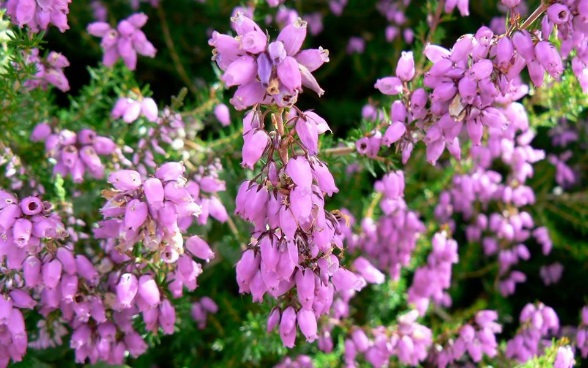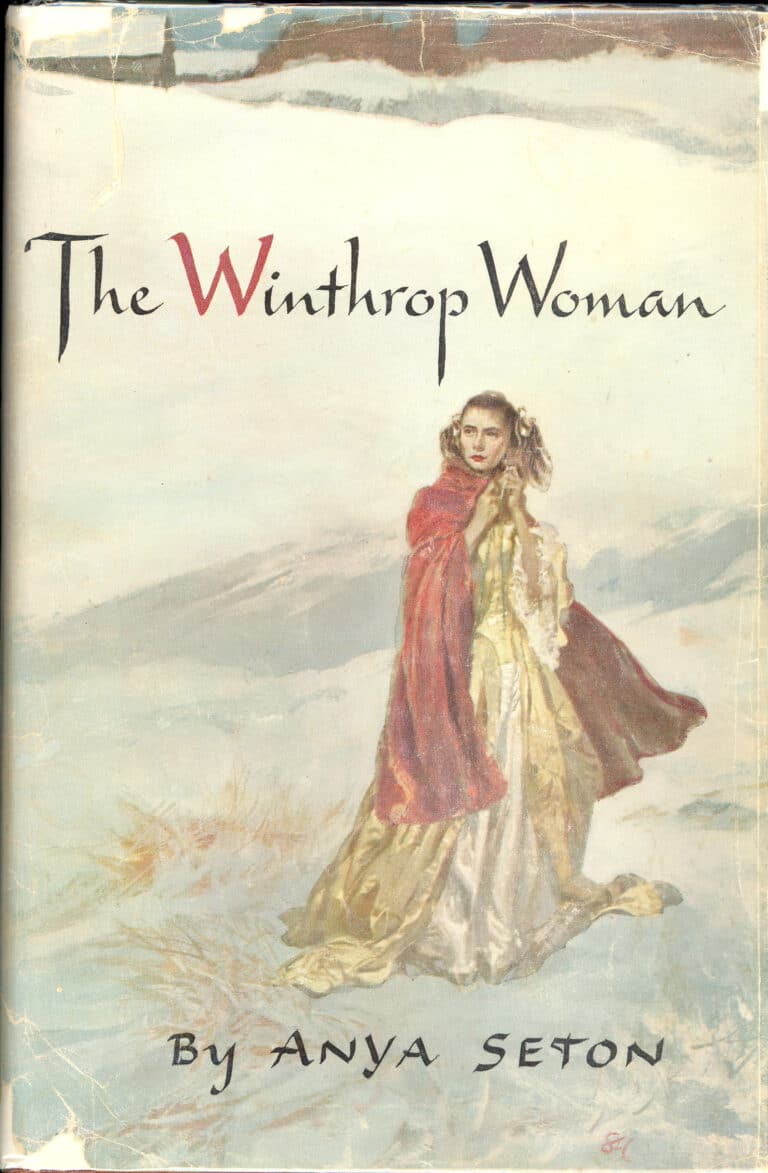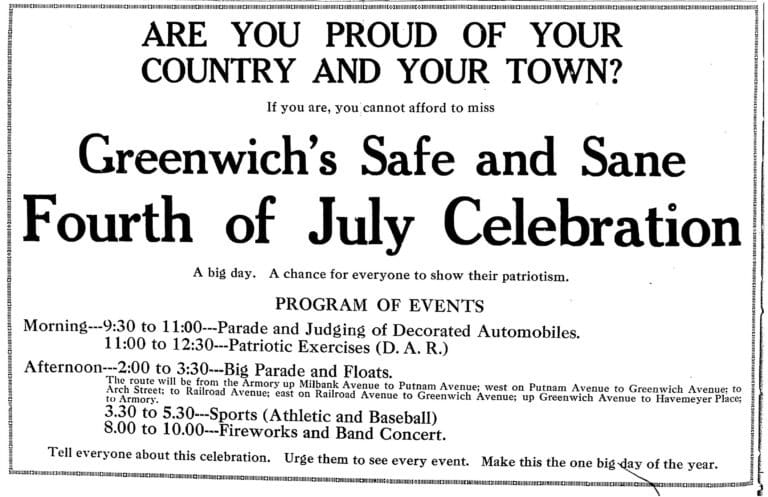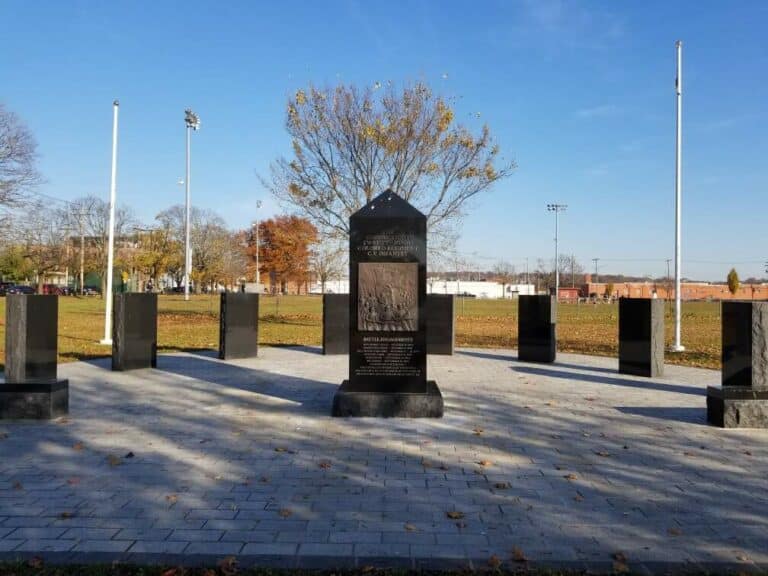Every name is a piece of history. This is true for names of big things, like towns or countries, but it’s also true for personal names. As much as it might feel like it, the name your parents gave you wasn’t pulled from thin air. It’s not just a random string of consonants and vowels. Chances are, your name is the result of centuries of language and culture.
Let’s take a look at some first names.

Let’s start with a straightforward name like mine. My name is Heather. I was named after the flower. An older spelling of my name from Middle English, which was spoken until the 1500s, is hather. Not too different!
(Fun fact: If your name is Erica or Erika, your name has the same meaning as mine — heather!
Erica is the Latin name for the flower called heather.)
A slightly more complicated name is the name of my best friend, Emily. Emily is the female version of the male name Emil, which is commonly used in Scandinavia and Eastern Europe. Emil comes from the Roman last name Aemilius, which is a slightly reshaped version of the Latin word aemulus, meaning “rival.”
Wow! The word aemulus traveled through at least three different cultures over two thousand years to become the common English name, Emily.
Emily is not the only name rooted in the ancient word aemulus. Emil, Emilia, and Emilio are all found on the same linguistic tree. Strangely, Amelia and Emma are not. They are on a completely different tree with a completely different historical background.
Today’s Activity
Now it’s your turn. Click here to find a fantastic website called Behind the Name. Enter any first name into the search bar to discover the meaning and history of that name and a list of its related names. Click on any blue, highlighted name on that list to find information about that name, too
With this website, I invite you to:
- Look up your name
- Look up the name of a family member
- Look up the name of your best friend
- Find a historical person with your first name
- Ask your caregiver why you have your particular name
As you look up these names, keep track of how many times they changed over time and how many cultures they passed through. Some names, like mine, may not have many related names and may have only passed through a few cultures. Other names may have ten or more different related names to explore and have been adopted by many different cultures.




